Remembering Zahir Raihan on his 90th birth anniversary
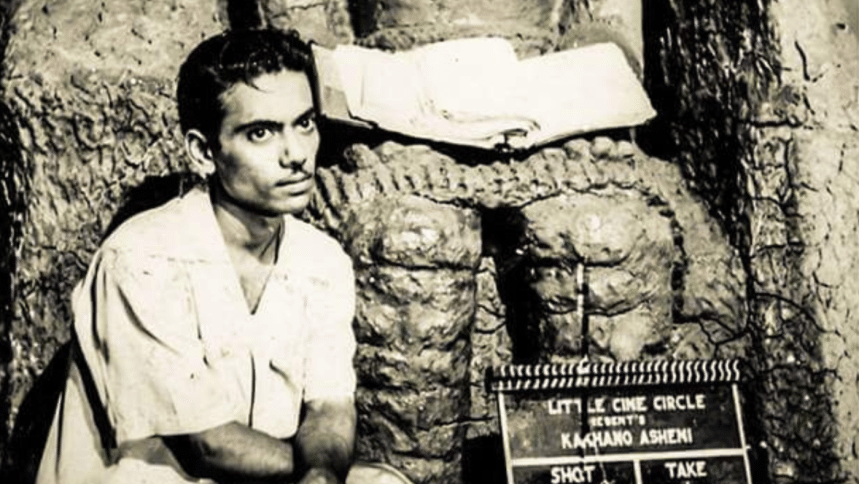
Today marks the 90th birth anniversary of Liberation War filmmaker, writer, and martyred intellectual Zahir Raihan. To honour his life and legacy, the Zahir Raihan Film Institute organised a special programme in the capital.
The event, titled "Bangalir Shadhikar Andoloney Cholchitrokar Zahir Raihan er Dorshon o Songram" (Zahir Raihan's Philosophy and Struggles in the Bengali Liberation Movement), featured paper presentations, recitations, music, discussions, and film screenings.
The keynote paper was presented by Rustam Ali Khokon, member secretary of the National Education and Culture Movement. The discussion was joined by Mahir Shahriar Reza, president of Bangladesh Student Union; journalist and film critic Bidhan Reberio; Mahmud Selim, acting president of Udichi Central Committee; and Zahir Raihan's son Anol Raihan. The programme began at 5pm at Café Vintage, Vintage Convention Hall in Dhanmondi.
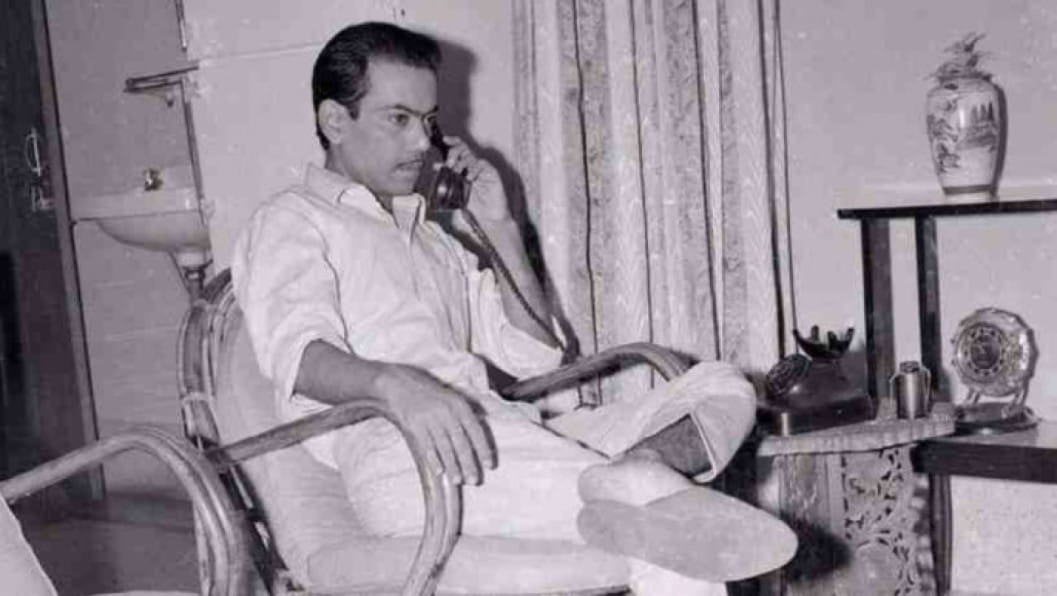
Born on August 19, 1935, in Majupur of present-day Feni, Zahir Raihan (born Mohammad Zahirullah) left a lasting mark on Bangladeshi literature and cinema through his short stories, novels, films, and documentaries. He is best remembered for his groundbreaking documentary "Stop Genocide" during the Liberation War.
Raihan debuted as a director with "Kokhono Asheni" (1961), later directing "Sangam" (1964), the first colour film in Pakistan, and "Bahana" (1965), the first CinemaScope film in the region. His politically charged film "Jibon Theke Neya" remains a landmark in Bangladeshi cinema, earning praise from celebrated filmmakers Satyajit Ray, Mrinal Sen, Tapan Sinha, and Ritwik Ghatak.
In literature, his classic novel "Hajar Bochor Dhore" vividly depicted rural life, while works such as "Shesh Bikeler Meye", "Borof Gola Nodi", and "Arek Falgun" (inspired by the 1952 Language Movement) further established his position in Bengali literature.
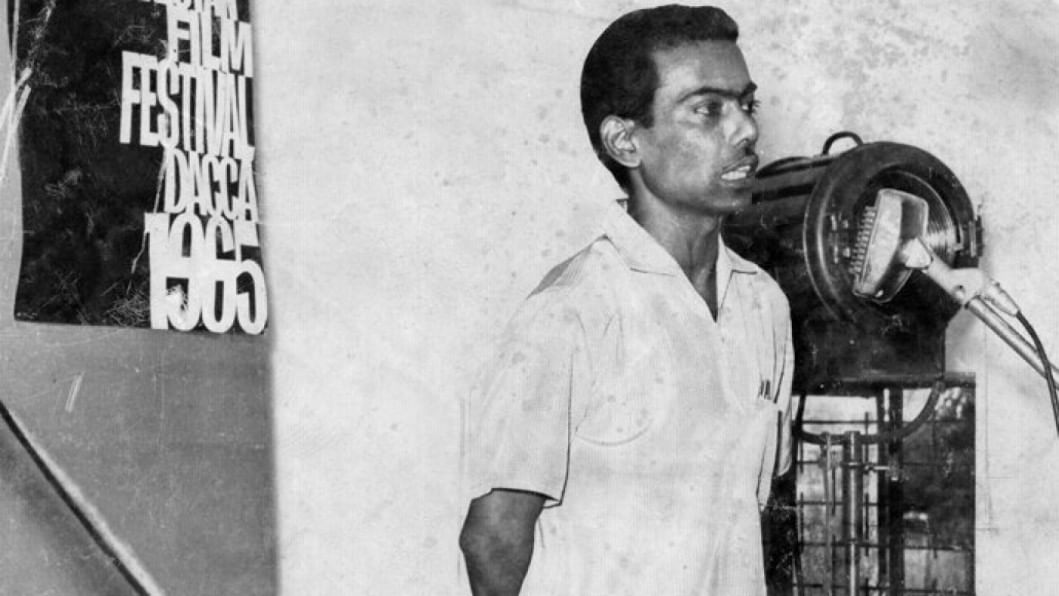
Raihan's life was cut short in 1972 while searching for his missing brother, novelist Shahidullah Kaiser, but his legacy continues to inspire generations. He was posthumously awarded the Bangla Academy Award (1972), National Film Award (1975), Ekushey Padak (1977), and Independence Award (1992).
The director was married to Sumita Devi and later to actor Suchanda, and is survived by his four children — Bipul, Arafat, Anol, and Topu Raihan.

 For all latest news, follow The Daily Star's Google News channel.
For all latest news, follow The Daily Star's Google News channel. 



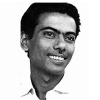
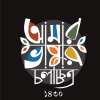
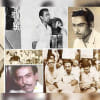



Comments